
How to fund oil projects in the absence of oil money?
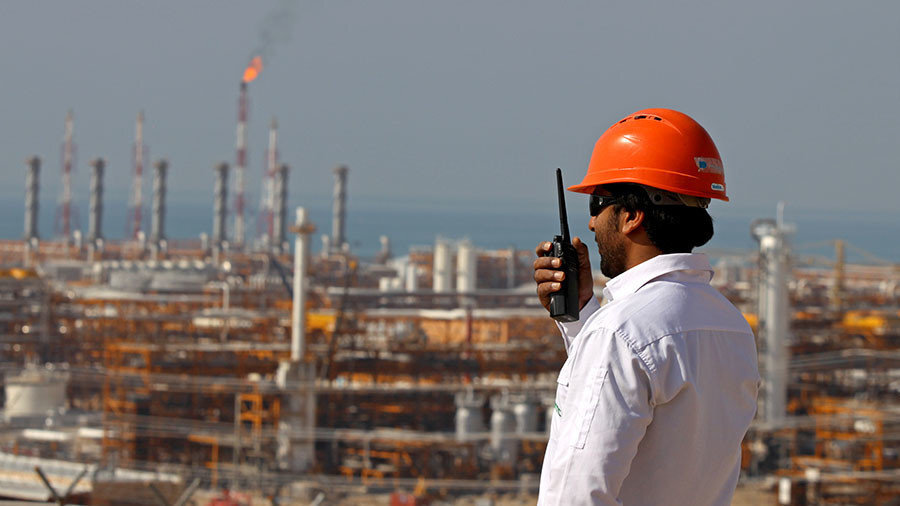
In this turbulent market, the problem is much bigger for countries which are facing pressures of the U.S. sanctions in addition to the market hardships.
Iran’s oil exports have already fallen significantly due to the U.S. sanctions and the fall in oil prices has put the country between a rock and a stonewall so that many economic experts and analysts inside the country believe that Iran is not going to be able to realize the oil revenue targeted in the country’s budget plan for the new Iranian calendar year (began on March 20).
After the re-impostion of the U.S. sanctions back in 2018, the Iranian Oil Ministry repeatedly stated that the country’s oil industry is not going to be affected by the sanctions and major oil projects will be pursued with great determination even during the sanctions era.
Now considering the current situation, the question is how the government is going to fund the country’s projects? Have they been ready for such a blow to the global economy and the oil prices in particular?
The budget bill
Iran’s budget bill for the next Iranian calendar year was prepared based on the assumption that the country would be able to sell 1 million barrels per day of oil and oil products on an average price of $50/b.
As we discussed earlier, in the current economic situation and considering the oil prices at under $40/b, realizing this amount of income from oil seems to be hard to achieve.
Based on this major reason, and some other problems attributed to the mentioned bill, in late February the Iranian parliament (Majlis) rejected the general outlines of the national budget bill, stating that the bill was not compatible with the country’s current economic conditions.
Later on, the parliament ad hoc budget review committee was tasked to review the submitted budget bill and suggest an appropriate amendment.
The review committee then submitted its report on the administration’s draft to the parliament in early March and later the Leader of Islamic Revolution Ayatollah Ali Khamenei approved the parliament’s request for taking necessary actions on the matter.
Majlis then released the new edition of the next year’s budget bill. The new draft which is amounted at 20.176 quadrillion rials (about $480.3 billion at the official rate of 42,000 rials), has been now referred to the Guardian Council for final approval.
The changes and sources of income
In the new budget bill, the Oil Ministry has been allowed to issue up to $3 billion worth of Islamic bonds to finance the country’s major oil projects and pay its dues to the domestic contractors.
These bonds are used to make payments to upstream oil contractors and also for repayment of principal and interest on bank facilities and overdue guarantees.
Here I should explain that a bond represents a loan made by an investor to a borrower (typically corporate or government). A bond could be thought of as an I.O.U. between the lender and borrower that includes the details of the loan and its payments. Bonds are used by companies, municipalities, states, and sovereign governments to finance projects and operations.
Governments (at all levels) and corporations all around the world commonly use bonds in order to borrow money to finance infrastructure projects.
In addition to the mentioned bonds, agent banks have been also allowed to provide facilities to investors that are willing to invest in the country’s upstream oil and gas projects.
In this regard, operating banks will be authorized to grant up to $3 billion in facilities to private sector investors, co-operatives and public non-governmental organizations for investment in upstream oil and gas development projects.
Investors that contribute to the development of joint fields and projects for increasing the recovery factor of operational fields and also those for reviving old fields and projects for collecting associated gases are the priority for the allocation of the mentioned facilities.
The cooperation of the companies and contractors won’t bring them any ownership in the mentioned oil and gas fields or their productions.
Opposition and justifications
Some economic analysts believe that issuing government and treasury bonds eventually result in an increase in liquidity and therefore lead to more inflation.
In this regard, Mojgan Khanlou, the spokesperson for Iran Planning and Budget Organization (PBO), said “Issuing bonds is in line with the country's monetary policies and is not inflationary.”
According to the official, issuing bonds has been used by many governments as a tool for controlling liquidity and cannot act as an inflammatory agent.
Issuing Islamic treasury bonds by the government follows appropriate mechanisms and is in complete accordance with the country’s monetary policies, she said adding that “It is not only not inflationary but also controls the liquidity and leads to inflation reduction and interest rate control.”
Another criticism that is made on the idea of issuing bonds is that the government is handing out national assets by issuing such bonds and it makes private companies owners of major oil and gas fields across the country.
In this regard, it should be noted that as we mentioned before buying government bonds and investing in the oil and gas projects is not going to bring the companies and contractors any ownership in the mentioned oil and gas fields or their productions.
In fact, the bonds issued by the government are mostly callable bonds, which means the bonds can be “called” back by the government before it even matures.
Meanwhile, the government has set a five-year deadline for its bonds to be collected.


Codelco seeks restart at Chilean copper mine after collapse

Uzbek gold miner said to eye $20 billion value in dual listing

Hudbay snags $600M investment for Arizona copper project

BHP, Vale offer $1.4 billion settlement in UK lawsuit over Brazil dam disaster, FT reports

Peabody–Anglo $3.8B coal deal on the brink after mine fire

Minera Alamos buys Equinox’s Nevada assets for $115M

SSR Mining soars on Q2 earnings beat

Century Aluminum to invest $50M in Mt. Holly smelter restart in South Carolina

A global market based on gold bars shudders on tariff threat

Samarco gets court approval to exit bankruptcy proceedings
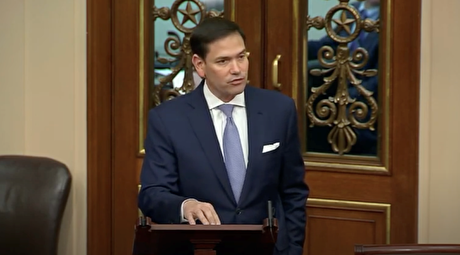
US eyes minerals cooperation in province home to Reko Diq
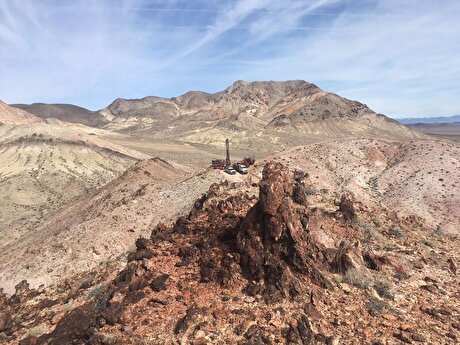
Allegiant Gold soars on 50% financing upsize

Explaining the iron ore grade shift

Metal markets hold steady as Trump-Putin meeting begins
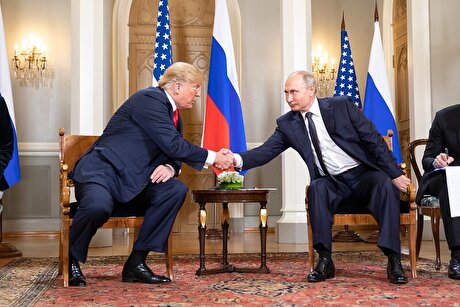
Trump to offer Russia access to minerals for peace in Ukraine

Gemfields sells Fabergé luxury brand for $50 million

Gold price stays flat following July inflation data
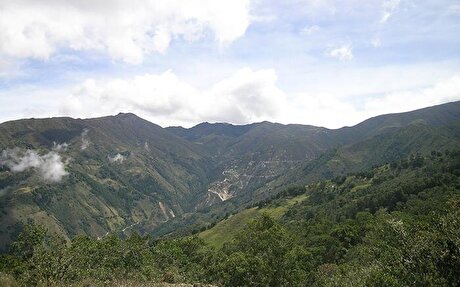
Eco Oro seeks annulment of tribunal damage ruling

Zimbabwe labs overwhelmed as gold rally spurs exploration, miner says

Samarco gets court approval to exit bankruptcy proceedings

US eyes minerals cooperation in province home to Reko Diq

Allegiant Gold soars on 50% financing upsize

Explaining the iron ore grade shift

Metal markets hold steady as Trump-Putin meeting begins

Trump to offer Russia access to minerals for peace in Ukraine

Gemfields sells Fabergé luxury brand for $50 million

Gold price stays flat following July inflation data

Eco Oro seeks annulment of tribunal damage ruling














